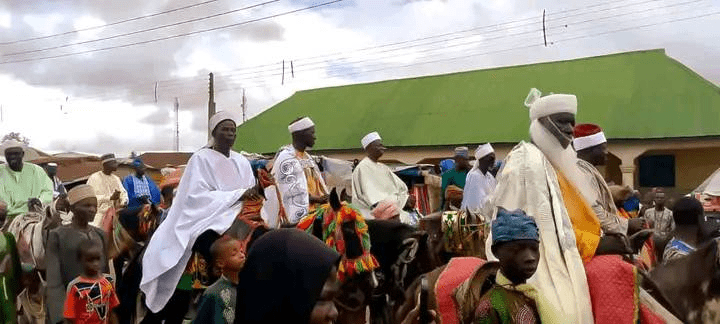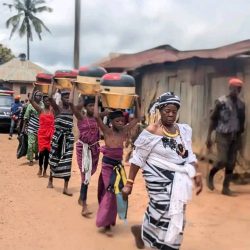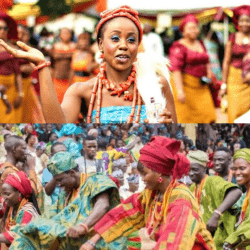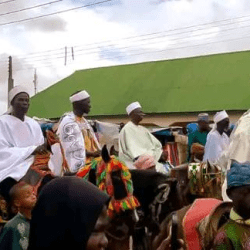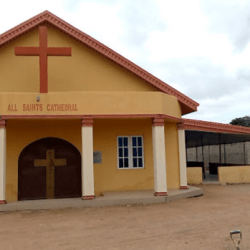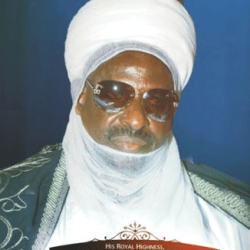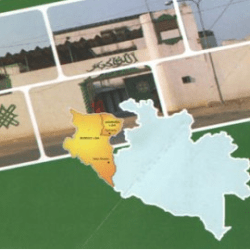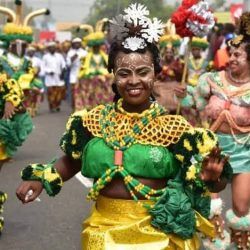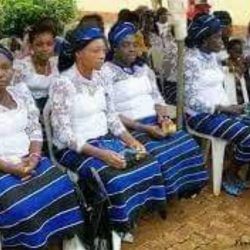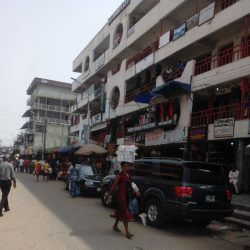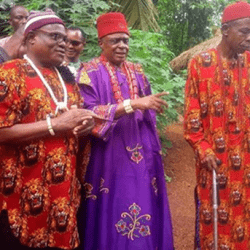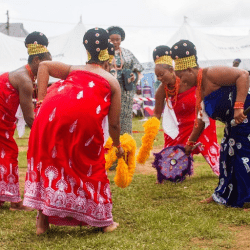The text illustrates the complexities of cultural practices and linguistic classifications among the Gando, Boko, and Busa people, highlighting a rich historical context that intertwines language, identity, and tradition in West Africa. The evolution of these practices and language recognition reflects broader socio-cultural dynamics in the region.
The text provides an in-depth overview of the Gando, Boko, and Busa language groups and their associated cultural practices. Here’s a breakdown of the main points discussed:
Gando Cultural Practices
- Language and Ethnicity: The Gando people speak Fulfulde but are ethnically connected to the Boko and Baatombu groups.
- Abandonment Custom: There was a traditional practice where children deemed dangerous (e.g., born on their stomachs or with upper teeth appearing before lower ones) were abandoned at night among Fulbe cattle herds.
- If the cows did not flee from the child, the Fulbe would accept the child, raising them on cow’s milk.
- These children were never returned to their biological parents and were considered Fulbe slaves.
- Settlements: Gando settlements are located near Boko and Baatombu villages, particularly in the Nikki-Bouka-Kalale area, although some are spread throughout the regions inhabited by these groups.
- Decline of Practice: This abandonment custom reportedly ceased in the 1970s.
Boko/Busa Language Cluster
- Language Recognition: The classification of the languages and their speaker populations has evolved over time, with various estimates:
- Prost (1953): 16,000 speakers of Busa.
- Murdock (1959) and Welmers (1971): both estimated 30,000.
- Kirk-Greene (1966): reported 50,000 speakers.
- A significant increase to about 150,000 speakers was noted in 1997.
- Nomenclature Confusion: There has been some inconsistency in naming and grouping these languages:
- The Busa speakers in Nigeria have been noted to form a fusion of people who now all speak the same language, Zugweya, known as Busanchi by Hausa speakers.
- Mande speakers in Dahomey (now Benin) identify as Boko rather than Busa, referring to themselves simply as Boo.
- In Nigeria, names vary by region; for instance, Mande people do not use the term Busa but call themselves Bokobaru or Bisã.
- Language Relations: Linguistic studies suggest that several Mande languages in Northern Dahomey and Nigeria are closely related and may be dialects of a singular language.
- Linguistic Survey Findings:
- A 1992 survey revealed four distinct languages within the region, with some having their own dialects.
- Estimates from the 1991 census indicated a lack of clarity in tribal affiliations.
- As of 1997, estimates were approximately:
- Boko: 80,000 (including 45,000 in Benin and 35,000 in Nigeria).
- Bokobaru: 30,000 in Kaiama and Barutem LGAs, Nigeria.
- Busa: 40,000 speakers in total (18,000 in Borgu LGA, 6,000 in Kebbi State, and 16,000 Busa as a second language).
